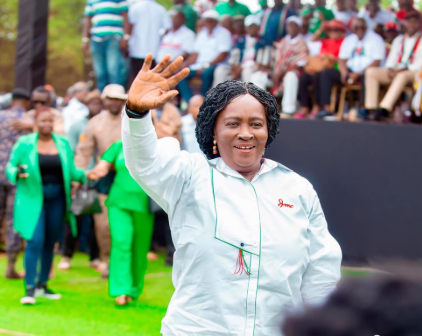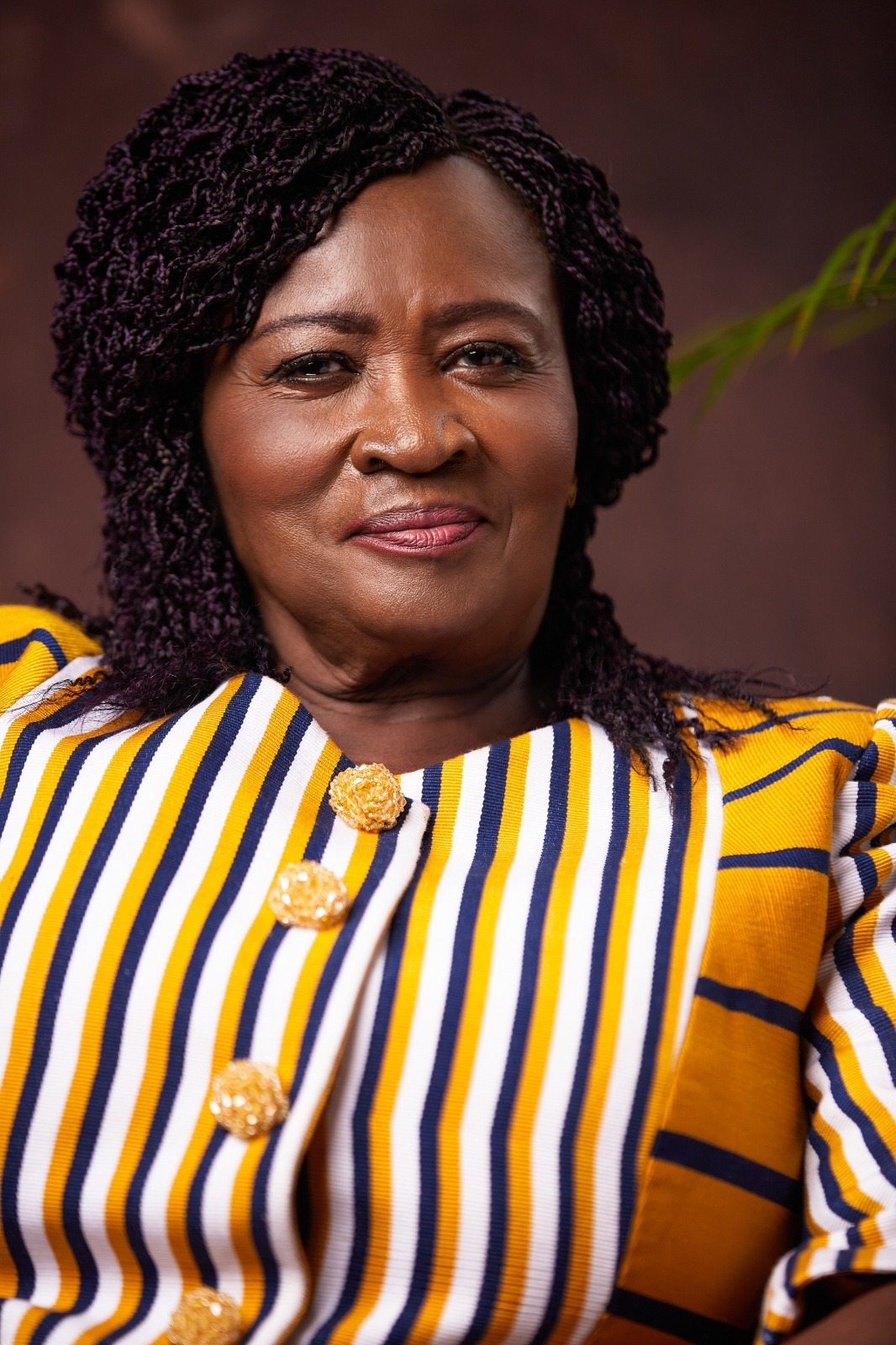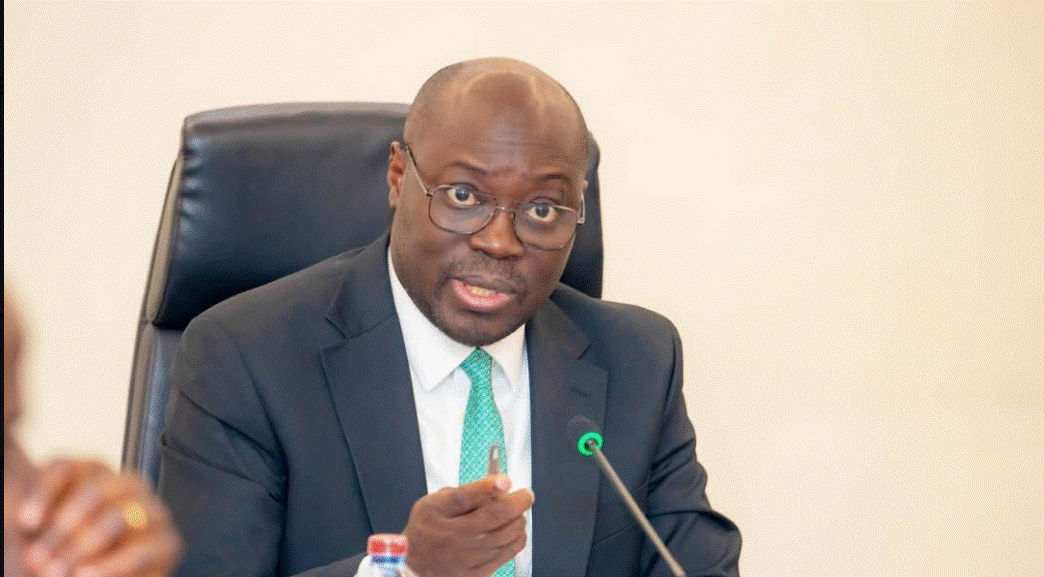
The National Democratic Congress’ Professor Jane Naana Opoku-Agyemang has shattered the glass ceiling to become Ghana’s first female Vice President. Her ascension marks a transformative chapter in the nation’s political landscape, representing progress, gender equality, and a fresh vision for leadership.
Historical Significance
The election of Professor Opoku-Agyemang as Vice President is a groundbreaking milestone in Ghana’s political history. Her rise to this esteemed position breaks long-standing gender barriers, signifying significant progress in a political sphere traditionally dominated by men.
This achievement serves as a beacon of hope and inspiration for women across Ghana and the African continent, highlighting a growing recognition of women’s leadership potential and their crucial role in shaping governance and development.
Background
Born on 22 November 1951 in Cape Coast, Professor Opoku-Agyemang has distinguished herself as a trailblazing academic, educator, and public servant. A prominent member of the National Democratic Congress (NDC), she served as Minister for Education from 2013 to 2017 under President John Dramani Mahama, leaving a lasting impact on the sector.
Academic Excellence and Leadership
Professor Opoku-Agyemang’s remarkable academic journey began at Wesley Girls’ High School in Cape Coast (1964–1971). She earned a B.Ed (Hons) in English and French from the University of Cape Coast in 1977 before pursuing postgraduate studies at York University in Toronto, Canada, where she obtained a Master’s degree in 1980 and a Doctorate in 1986.
Returning to Ghana, she joined the University of Cape Coast in 1986 and rapidly rose through the ranks, holding key positions such as Head of the Department of English, Dean of the Faculty of Arts, and Dean of the School of Graduate Studies and Research. Her groundbreaking appointment as the first female Vice-Chancellor of a state university in Ghana in 2008 marked a significant achievement in her illustrious career.
Internationally, Professor Opoku-Agyemang’s influence has been profound. She was among five scholars invited to speak at the United Nations Headquarters in New York in 2007 to mark the 200th Anniversary of the Abolition of Slavery. In 2009, she was elected Ghana’s representative to the Executive Board of UNESCO, showcasing her global leadership.
Her Political Career
Professor Opoku-Agyemang entered politics in 2013, serving as Minister for Education. During her tenure, she introduced reforms aimed at enhancing the country’s educational system. Her eloquence and intellectual presence were further displayed when she moderated the presidential debate before the 2012 general elections.
Honours and Achievements
Throughout her career, Professor Opoku-Agyemang has earned numerous accolades, including honorary degrees from the University of the West Indies and Winston-Salem State University. She has also been recognised with a Global Leadership Award from the University of South Florida in Tampa.
Symbolism and Influence
Professor Opoku-Agyemang’s rise to the vice presidency is more than a political success—it is a profound symbol of possibility and progress. As the first woman to hold this position, she challenges entrenched gender norms and paves the way for future generations of women to aspire to the highest levels of leadership.
Her historic achievement signals a commitment to inclusivity and gender equity in governance, with far-reaching implications for policy and representation. It also aligns Ghana with global efforts to advance women in leadership, strengthening its position as a leader in progressive governance on the African continent.
As Ghana celebrates this milestone, Professor Jane Naana Opoku-Agyemang’s story will undoubtedly inspire countless others, proving that the pursuit of equality and excellence can lead to transformative change.
The Challenges of Women in Ghanaian Politics
In Ghana, women’s involvement in politics remains limited due to a combination of cultural, social, and structural barriers. Deep-rooted gender norms often prioritize women’s roles in the home, leaving little room for political ambition. This lack of support from both political parties and society means fewer women run for office or are nominated for leadership positions.
Financial constraints further hinder their participation, as women often lack the resources to fund political campaigns. Gender biases within political institutions also marginalize women, making it difficult for them to gain trust or recognition. Despite these challenges, the push for greater female representation is gradually gaining momentum, slowly increasing women’s visibility and involvement in politics.
Read Full Story












Facebook
Twitter
Pinterest
Instagram
Google+
YouTube
LinkedIn
RSS